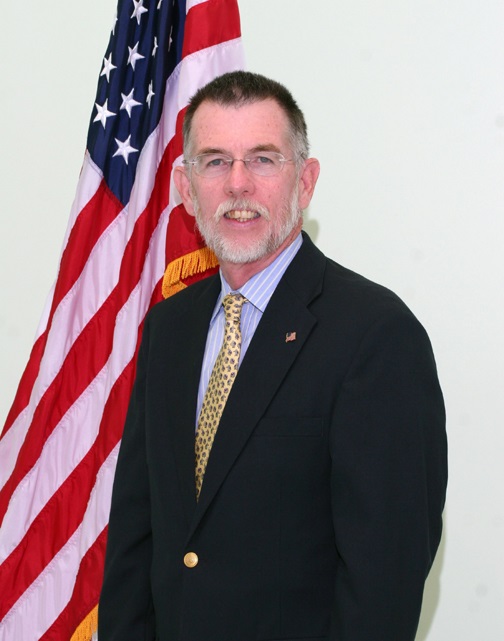By Lorenz Duchamps
An operation in Tennessee has resulted in 13 missing children being rescued or located, officials say, noting the effort was focused on finding children at “high risk” of being victims of human trafficking.
The two-day joint operation—dubbed “Operation Not for Sale”—was conducted by the Tennessee Bureau of Investigation (TBI) in partnership with the U.S. Marshals Service, Homeland Security Investigations (HSI), Memphis Police Department, and Tennessee’s Department of Children’s Services, according to a Nov. 9 statement.
The agency said that during the effort’s planning phase weeks prior to the operation, intelligence analysts identified children who were suspected to be at high risk of being trafficked.
During “Operation Not for Sale,” on Nov. 2 and Nov. 3, six teams went on to search 56 locations in the Memphis, Tennessee, area to locate missing children. Then, search teams rescued 12 children between the ages of 11 and 17, as well as a 2-month-old who was not identified prior to the operation as being at risk.
“This operation shows the impact of collaboration and dedication to protecting these vulnerable individuals,” TBI Director David Rausch said in a statement.
“Multiple disciplines are necessary when dealing with the sensitive issue of human trafficking due to the immense trauma that these victims suffer,” he added. “We are excited about the outcomes and look forward to more operations of this nature with our partners.”
Authorities pointed out that efforts to find more missing children are ongoing.
To report suspected human trafficking in Tennessee, authorities are asking anyone with information to contact the Tennessee Human Trafficking Hotline at 1-855-55-TNHTH.
‘Very Proud’
HSI Assistant Special Agent in Charge Ross “Clint” Cannon said the agency is “fully committed” to safeguarding the community’s most vulnerable, adding the operation “highlights the necessity of a unified effort to locate and find missing children in Western Tennessee.”
Cerelyn “C.J.” Davis, chief of the Memphis Police Department (MPD), commended the operation in a statement, saying she’s “very proud” the MPD was part of the effort dedicated to “safeguarding at-risk children.”
Durham Police Chief Cerelyn “C.J.” Davis testifies at the U.S. Senate Office Building in Washington on June 16, 2020. (Tom Williams/AFP via Getty Images)
“When criminals are apprehended, it’s a good feeling to know that we’re putting bad actors behind bars, but that sense of accomplishment is nothing compared to saving a missing child who is being exploited,” Ms. Davis said. “Human traffickers exploit and endanger some of the most vulnerable members of our society and bring unimaginable harm to their victims.”
According to a TBI statement, between 500 and 600 children go missing every month in the state. Many of those are due to parental abductions or runaways.
Tyreece Miller, U.S. Marshal for the Western District of Tennessee, said the federal law enforcement agency is “grateful” to work alongside partners dedicated to bringing missing children back home.
“Every day, the United States Marshals Service hopes we have the opportunity to utilize our authority in finding missing, endangered, or abducted children in our country. This operation, in which our efforts continue, has already shown great success,” Mr. Miller said.
In 2021, the National Center for Missing and Exploited Children (NCMEC) received more than 17,200 reports of possible child sex trafficking from all 50 U.S. states, as well as Washington, D.C. and Puerto Rico, according to a report.
Additionally, of the 25,000 children reported as runaway children, one in six were likely to become human trafficking victims, the agency added, noting that 19 percent of children who ran from social service institutions and were reported missing were likely victims of child sex trafficking.
“Not every report NCMEC receives involves a missing child. Some reports include children being exploited while still living at home and going to school, sometimes by their own family,” according to the organization.
“In many situations, due to the trauma and manipulation from the trafficker, survivors will feel as if they are responsible for their own victimization. In some cases, even defending their abuser,” it added.
From NTD News






